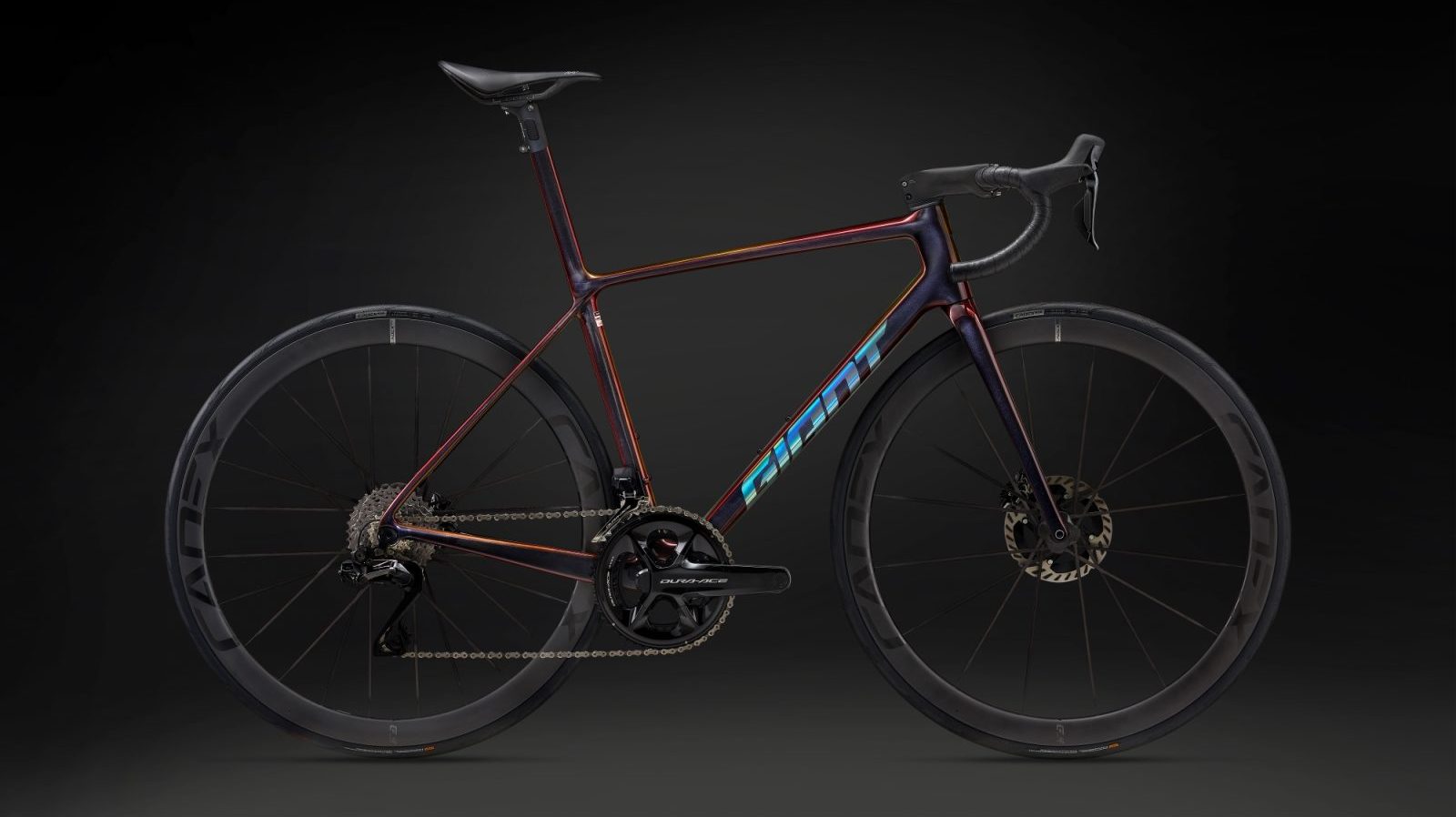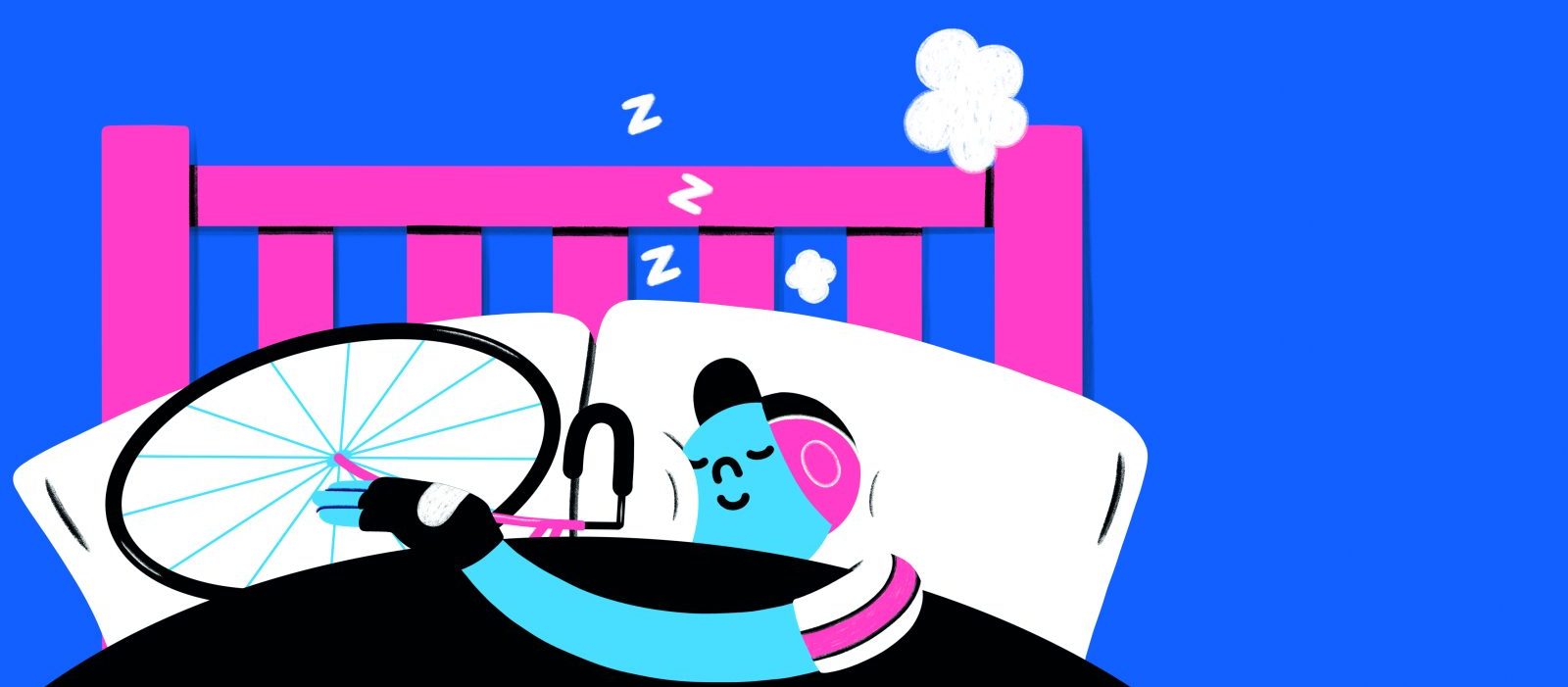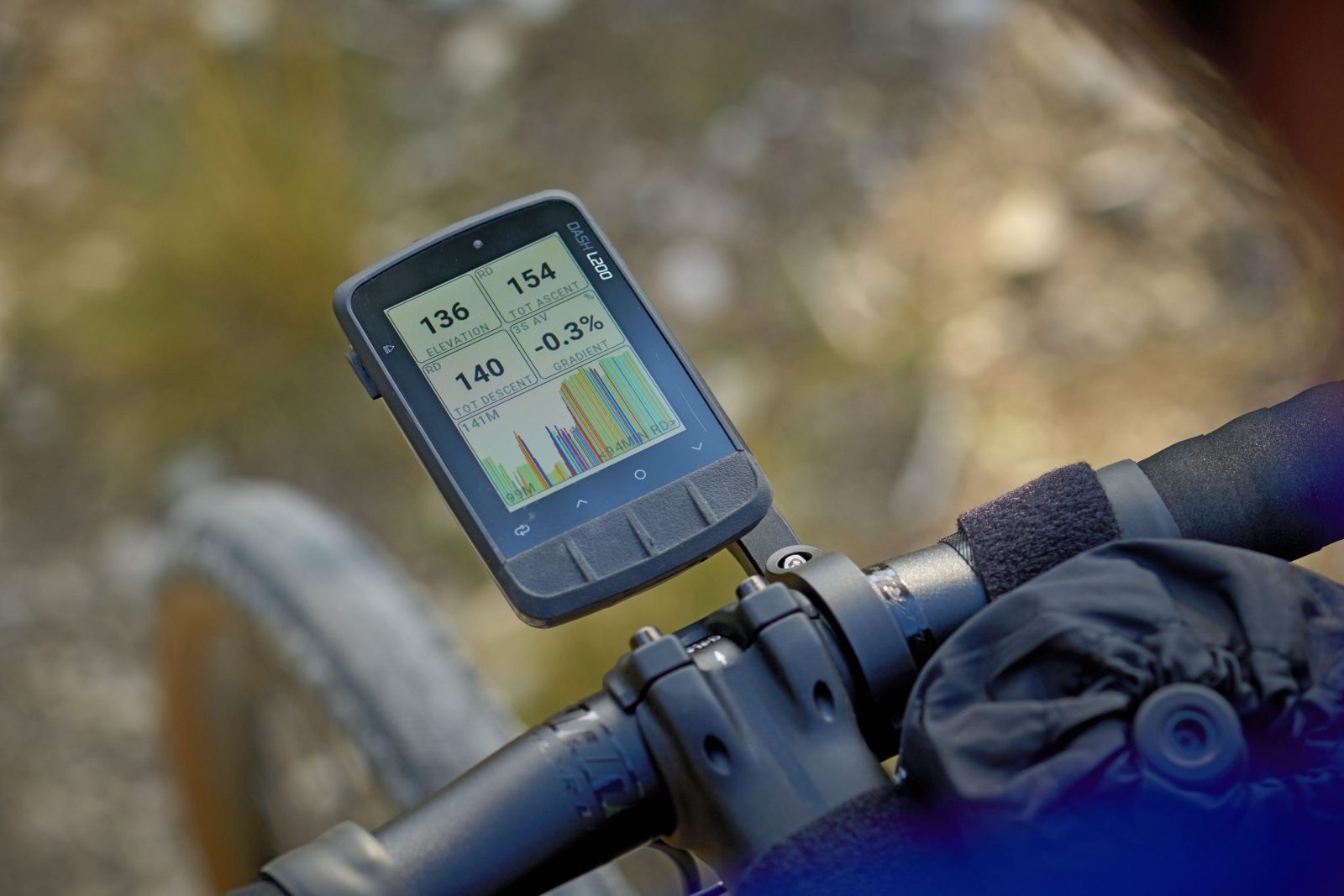Matthew Glaetzer, fast becoming an Australian track superstar, sits down with an undeniable legend of the boards, Sir Chris Hoy. Cyclist eavesdrops as they talk track leading up to Glaetzer’s most important test yet, the quest for a home games gold.
At 25 years old Glaetzer’s future is bright, but behind those boyish looks he’s already been racing on the senior circuit since age 19 collecting a swag of medals on the way. Winning his first world championship at 19 in the team sprint with fellow sprinters Shane Perkins and Scott Sunderland. His towering 1.9 metre frame suits sprinting and the keirin well, but he is equally adept in the fabled ‘kilo’, less than six months ago he became the first ever to go under 1 minute in the solo 1km time trial at sea level.
Glaetzer has since went on to take the rainbow stripes in the sprint in March 2018, and now a month later, as this goes live he has just defended his Commonwealth Games gold in the keirin and 1km time trial, complemented by a bronze in the team sprint, and while a hot favourite in the sprint, faced a disappointing defeat in the early rounds.
Glaetzer only took up cycling at 16, but by 19 his coach made a comparison, seemingly far-fetched at the time, to that of Sir Chris Hoy. Glaetzer still remembers racing to him in his first ever world titles round, and now they meet again.
Chris Hoy: The year ahead, what is your main aim for this season?
Matthew Glazier: This season is all about the Commonwealth Games. Having a home games is always exciting. Everyone gets around it, everyone gets excited and there is always more energy about it so that one is a big one for us that we are focusing on and yea we can’t wait until that comes around.
CH: Which events are you going to be competing in at the Commonwealth Games? Which ones are you targeting?
MG: I’ll be doing all the four sprint events; so consists of the sprint, team sprint, keirin and the kilo. The x-factor for me is the kilo, I haven’t raced it very much and I am really looking forward to that one. It’s the last day, last event so it’s a good Hail Mary event for me to give it a go.
CH: You’re the first person ever to go under 60 seconds for a sea level kilometre time trial? That was back 2-3 months ago in Manchester, a stunning ride. I’ve raced kilos for many years and never even got close to going sub 1 minute. An amazing performance, do you think there is more in the tank? Do you reckon you can go even faster?
MG: I do, that was the surprising thing in Manchester, we weren’t planning on breaking the 60-second barrier we were planning on doing that at the Commonwealth Games. So it was a bit of a trial event to actually do one in competition and try a few things out, and I pretty well nailed it. Its exciting that I can go that quick this early, so its all about OK, how fast can we go now?
CH: Have you always wanted to be a cyclist? Did you start out as a cyclist when you were a kid or is this something that has just happened as you went along?
MG: Yeah, I almost fell into cycling. I didn’t really have any aspirations to be a cyclist when I was growing up. I was into all sports like Basketball, Soccer, Athletics and through athletics I specialised into Pole Vault so when I was 12/13 years of age I was doing that and got pretty good. Got into the state team and went to Nationals and won a Silver Medal and jumped 3 metres as a 13 year old but then I had to give it up through injury.
So my Glutes, my butt wasn’t working. All the strain was on my quads and hammies and I kept straining my hammies, kept blowing them out. As a 13/14 year old I kept straining my hammies really bad so I had to stop running. I also got Osgood Schlatter disease in my knees and it just hurt to run as well because of that. So had a fair few issues happen all at once and had to have 2 years off of competitive sport really which was actually pretty tough for me because I was that sporty kid at school that was good at most things that he tried. So yeah, it was through a school teacher who recommended to do a come-and-try Triathlon locally and yea I loved the cycling leg of it. My butt was killing me through that cycling leg so I thought, cool my body is working properly so lets just join a club and have some fun and it was pretty quick progression from there.
CH: You won 2 gold medals at Junior Worlds, was there a point during that or was it before that you realised this is for me, I have potential to do really well in this or did it happen gradually?
MG: Yeah it only took me 6 months from riding the track after a bit of a road season, and I won a silver medal at the 500 time trial at nationals and I was like, oh this is pretty cool, I’ll keep going with this. No one knew who the heck I was and I was on the podium. But after that it was not until I made the junior worlds team I think, that I thought, wow I’m representing Australia at 17 years of age, this is pretty cool. And knew the progression of the senior sprint squad, it was always to go through Junior Worlds, if you are successful at Junior Worlds then there is a good chance that you’ll be selected in the senior national team. So that was a real driving force for me, the first at juniors because I got knocked out first round of the sprint, with a mistake. It was at Moscow, it was a 3 through 3 track and I didn’t know that the sprint race went from 3 laps to 2 laps (“Oh No – Chris Hoy) and there was a big mix-up with me giving 20 metres to a Russian and he dives away with 1 lap to go and I’m like “oh no” (it’s alright, ill catch him I have an extra lap to go – Chris Hoy) yea exactly. And the person who came 2nd that year, Stefan Botticher -was a first year like me and I knew that I was versing him the following year so that was a big motivating factor thinking geez, I need to step up here. Those 2 Gold’s at Junior Worlds in Italy in 2010 that was the moment where I was like, OK this could be successful if I keep on this trajectory it’s looking good to have success.
CH: What maintains your motivation, it’s day in, day out. What keeps you going?
MG: I just love pushing myself; I just love challenging myself and seeing what I can achieve. I’ve always been super competitive as a kid. My parents were actually trying to teach me how to lose because I was a really bad sore loser as a kid. I’d cry if I lost a game of Monopoly, board games, I was terrible. So its just a really in built part of me that just wants to do my best and that’s what keeps me driving forward. I mean in training sessions like the gym and on the track, it’s always making sure that I give my absolute all in everything that I do and that’s what I love about it. I mean I didn’t go into cycling loving the racing factor. I was all about, look this is awesome and I just want to go faster and faster and faster. So it is that in built competitiveness and challenging myself all the time I think that keeps me motivated and always wanting to get better. I also think about the international riders that are training and competing internationally that I know they’re working hard so you’ve got to make sure that if you want to be better than them on race day, you have to be better than them everyday in training and preparation. So that’s what motivates me.
CH: How does the team support your nutritional education?
MG: We have a fantastic nutritionist with Jill Leckey, she has come on board and supported us really well. Getting into the details of what we eat. Making sure that it is balanced and at the right times as well. So it is having a bit more of a focus on what we eat and when we eat rather than just having a standard meal that you think is ok. On days off as well, there is a focus on making sure you eat enough but not too much to start putting on a bit too much fat and trying to keep that good balance going.
There’s still more to come, stay tuned for Part 2 of the Q&A where Matt talks about what it takes to become a double Commonwealth Games gold medalist.


